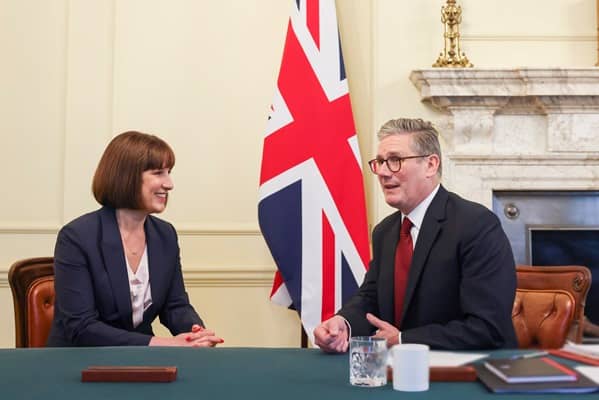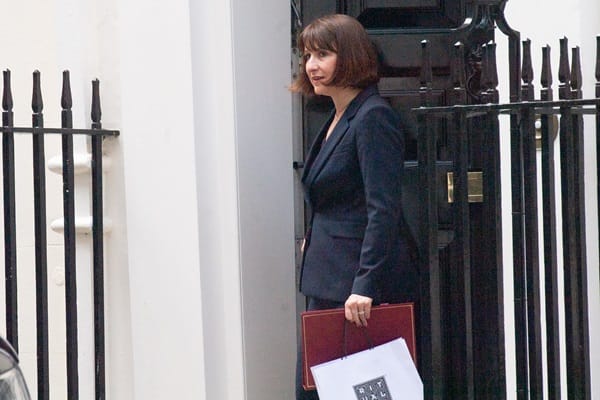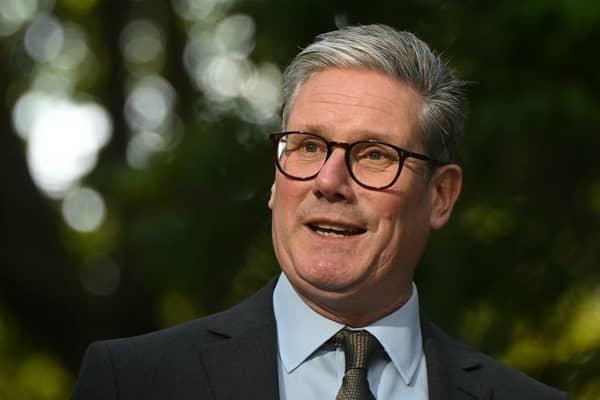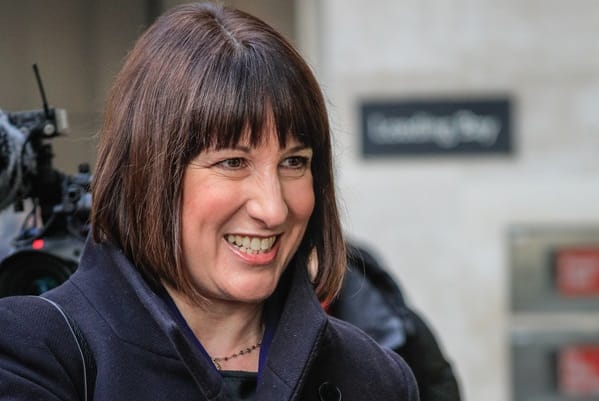According to the latest figures by the Office for National Statistics (ONS) inflation fell slightly from 2.6% in November to 2.5% in December.
In the 12 months to December the Consumer Price Index (CPI) fell, whilst the Chancellor might see this as a win for her, is expected that “inflation will stay elevated this year” due to Rachel Reeves Autumn Budget.
Millions of households will likely see today’s figures as a positive move, but the Confederation of British Industry (CBI) has warned that the Budget will contribute “to higher prices” for consumers.
Martin Sartorius, Principal Economist, CBI, said, “Inflation remained moderately above the Bank of England’s 2% target in December, reflecting the impact of ongoing price pressures such as strong wage growth.
“Looking ahead, we expect inflation will stay elevated this year, partly due to Autumn Budget measures contributing to higher prices.
Read more related news:
Fears of stagflation persist despite ‘temporary’ inflation drop
Pat McFadden ‘rumoured’ to replace Reeves as the Chancellor
Economists are warning inflation could rise ‘above 3%’ which will be blow for interest rates
Starmer and the Chancellor’s relationship is ‘breaking down’ insider reveals
“Persistent, above-target inflation supports our expectation that the Monetary Policy Committee will loosen policy at a gradual, quarterly pace throughout 2025. The next rate cut is still likely to come in February, which will bring some respite for businesses and households as they continue to face high borrowing costs.”
Joe Nellis, economic adviser to accountancy firm MHA said that today’s figures are “welcome news,” but warned Reeves is still “dogging the economy.”
GB News reported Nellis saying, “In light of the recent backlash from the financial markets against the UK, it is important to note that alongside international and domestic political uncertainty, as well as a sluggish UK economy, sticky inflation is currently contributing to an increase in UK bond yields – and hence up the cost of Government borrowing.
“As inflation erodes the real value of Government debt, the price of borrowing (bond yields) increases to cover this. With this, the threat of the UK falling into a debt spiral looms large.”
Nick Saunders, the CEO of stock trading platform Webull UK, added, “A failure to get inflation down to two per cent is going to make it very hard for the bank to cut interest rates in the medium term, especially given the backdrop of a rising UK bond yields.
“A depressed pound will add to inflationary pressure, particularly in energy prices, so it’s no surprise that the market is no longer expecting a sequence of rate cuts in 2025. It’s going to be a tough start to the year, although a small drop to 2.5 per cent will give the Chancellor some breathing space.”






Leave a Comment